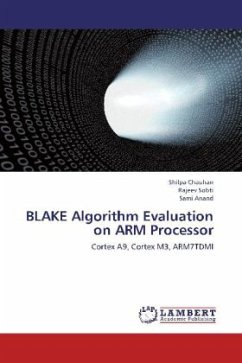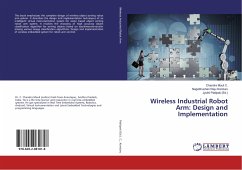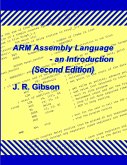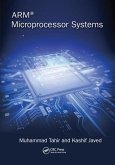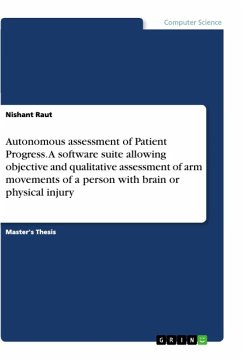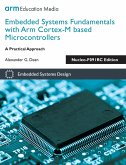Cryptographic Hash Algorithms are the backbone of modern security systems as they are used in digital signatures, message authentication codes, and many other security applications to generate message digests. A Cryptographic Hash Function maps a message of any length into a fixed-length hash value, (aka message digest) which serves as the authenticator. Most of the Cryptographic hash algorithms have been broken that includes MD5 and SHA-0. SHA-1 has met many theoretical attacks lately that bring a major threat to SHA-2 and all the security applications that are using SHA-2. NIST announced cryptographic hash functions competition in 2007 for the next family of SHA i.e. SHA-3. The winning algorithm will be named "SHA-3", and will be added to the hash algorithms currently specified in the Federal Information Processing Standard (FIPS) 180-3, Secure Hash Standard. SHA-3 finalist algorithms were open for public comments for one year. My area of work is concentrated on BLAKE algorithm. The analysis given in the book should help the professionals and students to assess the performance of BLAKE on ARM processor platforms: Cortex A9, Cortex M3 and ARM7TDMI.
Bitte wählen Sie Ihr Anliegen aus.
Rechnungen
Retourenschein anfordern
Bestellstatus
Storno

